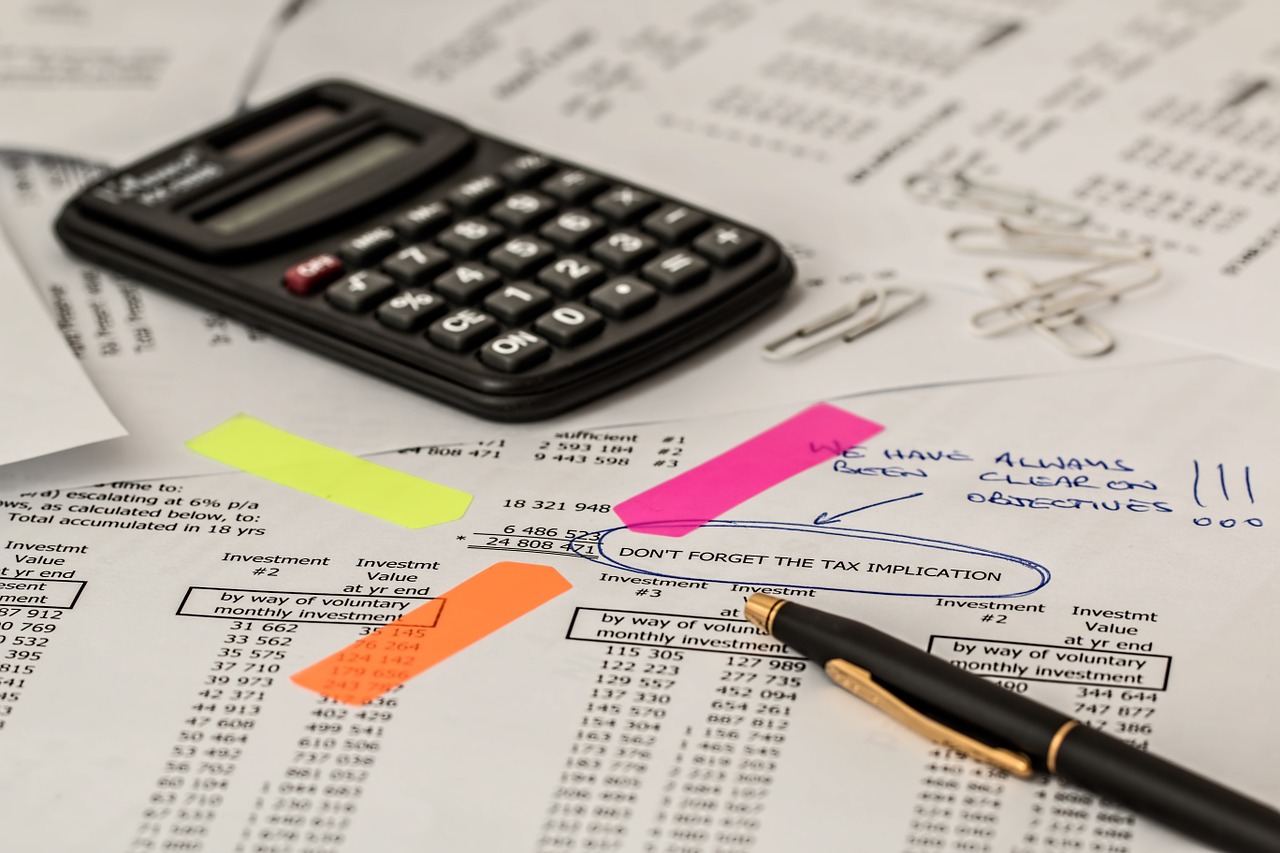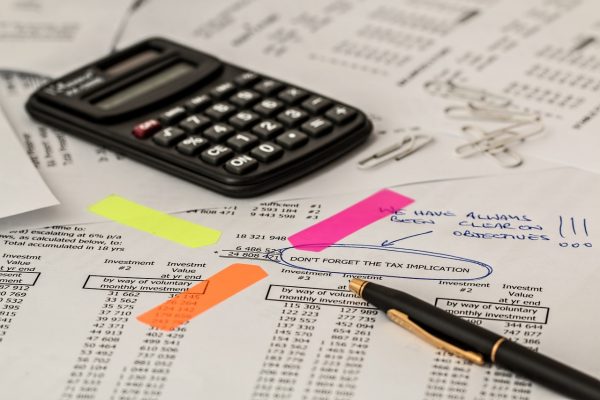How much do you know about taxes in Nigeria? Do you know if you’re eligible to pay taxes? And if you should be paying them, do you know which ones, or who should be collecting them?
Available evidence suggests that we aren’t very good at meeting up with our tax obligations on this patch of the globe. This is true for individuals as it is for companies. The so-called tax net captures only a fraction of the host of persons and organizations who should be fulfilling their legal responsibility to shoring up the state’s finances.
It’s not just that people dodge tax officers or hide their business dealings and assets from government. Sure, these things happen, but they’re only among a host of reasons for the exceptionally low compliance rates recorded in Nigeria. Of course, there’s the perennial complaint that public officialdom isn’t exactly efficient with what it does get from individuals and corporates; and until relatively recently, the tax system didn’t work very smoothly.
But a big part of the problem is the rather thinly distributed knowledge of taxation in the country. Many small businesses aren’t well informed about their duties in this respect, and they’re carrying on with very little understanding of the legal consequences of not paying their dues. This article aims to help deal with this issue by answering some of the basic, yet frequently asked questions about taxes in Nigeria.
1. What Bodies Collect Taxes?
For most of Nigeria, there are two tax collection bodies in operation, representing the national (or Federal) government and the state government. The agency saddled with the responsibility of collecting taxes at the federal level is the Federal Inland Revenue Service, FIRS.
Each state also has a State Board of Internal Revenue (SBIR), which collects a different set of taxes from the FIRS. In Lagos, it’s the Lagos State Internal Revenue Service (LIRS). And in Rivers, it’s the Rivers State Internal Revenue Service (RIRS).
The Federal Capital Territory (FCT) doesn’t have a state tax agency. The FIRS alone serves the area.
2. What Taxes Are Payable in Nigeria?
As we’ve already noted, the Federal and State governments do not collect the same set of taxes. We’ll be picking up on this point.
Here’s a rundown of taxes exacted from entrepreneurs and businesses by the FIRS and the various state tax bodies, plus a brief note explaining what they’re about.
Business Taxes Collected by the FIRS
•Companies Income Tax (CIT): This is charged on every company operating in Nigeria, excluding those in the petroleum industry. It’s currently pegged at 30% of company income.
•Value Added Tax (VAT): A 5% tax charged on value added through the production process. A few products are exempted from VAT. You’ll find a list of these products on the FIRS website.
•Petroleum Profits Tax: Charged on companies involved with crude oil exploration and production. Joint ventures pay 85% of their income from their operations as PPT, while Production Sharing Contracts incure a 50% tax.
•Education Tax: Companies are also expected to pay 2% of their profits as contribution to the country’s Education Tax Fund.
Business Taxes Charged by the State Tax Services
•Personal Income Tax: Exacted by the state from individuals, whether they’re self employed or employed by a business.
-Pay-As-You-Earn (PAYE): Employers are mandated by law to deduct this from their employee’s salaries and transfer to the tax authorities. Hence, it’s often said to be ‘deducted at source’.
-Direct Assessment: This is taken from the income of self-employed persons.
•Capital Gains Tax: Imposed on profits obtained from the sale of capital assets such as machinery and land.
•Withholding Tax: This is basically the income tax paid in advance. In practice, it’s deducted from earnings on business transactions and transferred to the FIRS, which then issues a withholding tax credit note. This credit note covers the Company Income Tax (CIT) payment which would otherwise have been made at a later date.
•Business Premises Registration Fee: Businesses pay this on their office buildings, machinery, or other property they use.
3. Who’s Eligible to Pay Taxes?
You’re eligible to pay taxes if you’re running a business, employed in one, or are a holder of a (profit bearing) asset.
4. What’s the TIN, and How Do You Get It?
The Tax Identification Number (TIN) is a code that’s issued by tax authorities to individuals and businesses that have registered with them. If you’re an eligible taxpayer, you may get your TIN by going through the registration process as stipulated by the FIRS and state tax agencies.
In more recent times, a move by authorities to unify tax identification across states and levels of government has resulted in the introduction of a new TIN by the Joint Tax Board. The Joint Tax Board’s TIN is set to replace the regular TIN in the course of time; if you’re a new registrant with tax authorities, you should be going for this instead.
Visit any FIRS or state tax office closest to you to begin the registration process for your TIN. Their locations can be found on their websites (where you may also be able to initiate the process).
5. What Does It Mean to File a Tax Report?
You file a tax report when you submit a report of your taxes for a given period, as required by law.
PAYE tax reports are to be filed at most ten days after the month in which the deduction is supposed to have taken place. Company Income Tax for a business’s financial year should be filed to the relevant tax authorities within six months from the end of that financial year.


